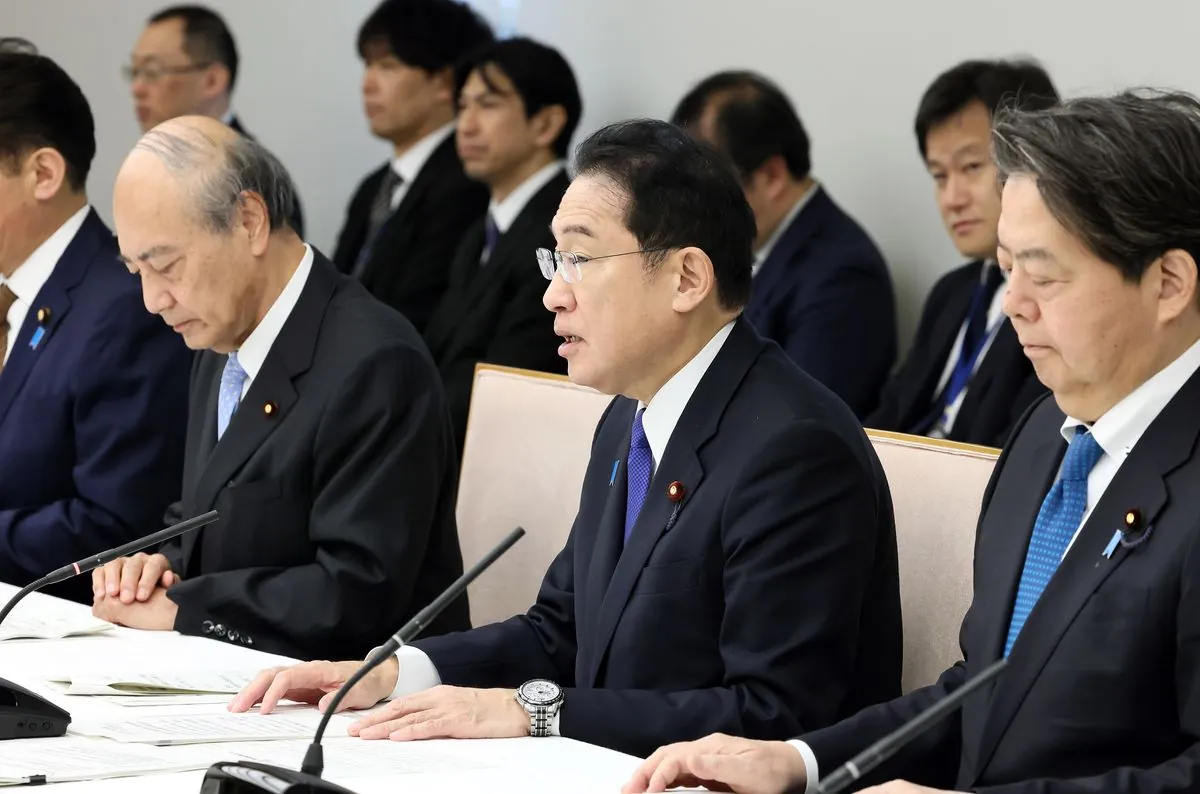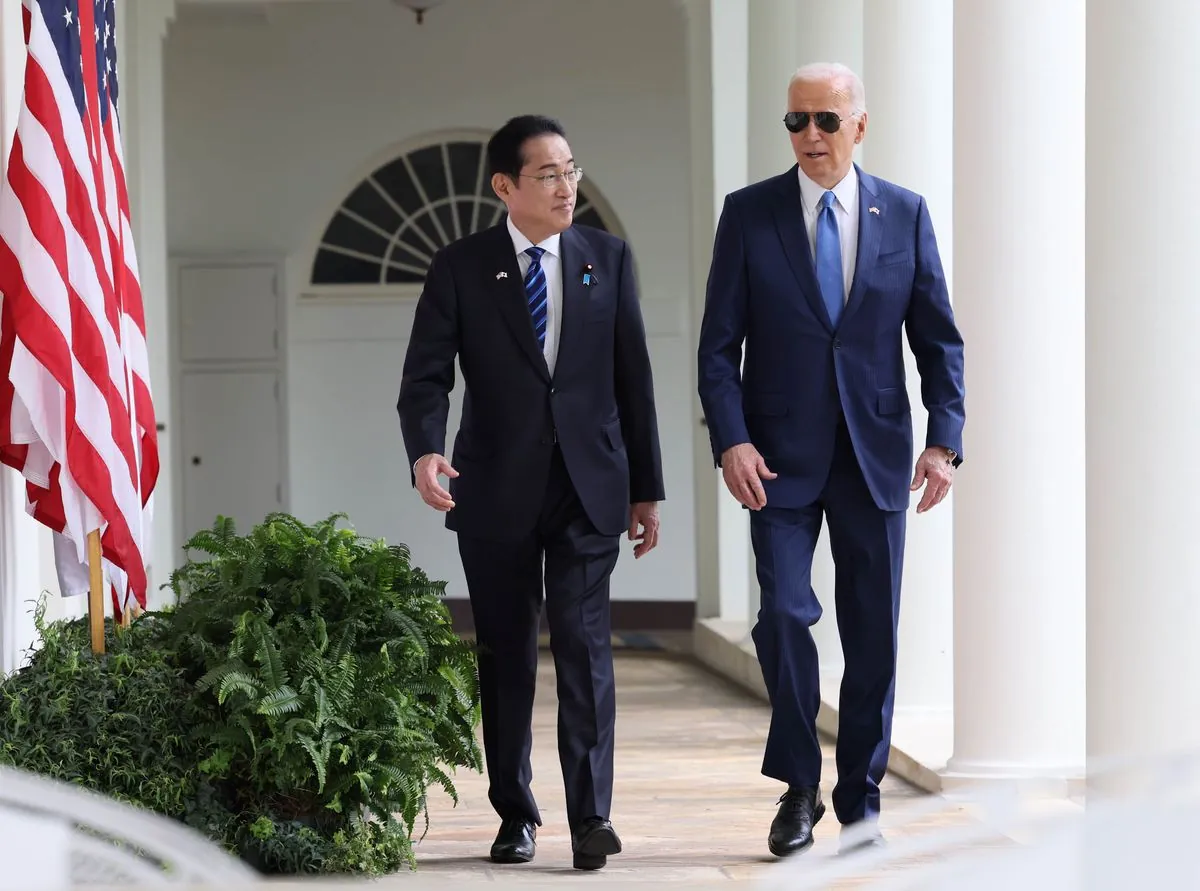Japan's "Asian NATO" Proposal: A Long-Term Vision Amid Regional Skepticism
Japan's new leadership discusses the concept of an "Asian NATO", facing regional skepticism. Foreign Minister Iwaya views it as a future possibility, not an immediate plan, amidst varied international reactions.

Japan's newly appointed Prime Minister Shigeru Ishiba has introduced the concept of an "Asian NATO", sparking discussions about regional security cooperation. However, the proposal has been met with mixed reactions from neighboring countries and allies.
Takeshi Iwaya, Japan's new Foreign Minister, addressed the idea during a press conference in Tokyo. He characterized the concept as a potential long-term vision rather than an imminent reality. "It's difficult to immediately set up a mechanism that would impose mutual defence obligations in Asia, so it's more of a vision for the future," Iwaya stated.
The notion of an "Asian NATO" stems from Ishiba's paper presented to the Hudson Institute think tank in September 2024. In this document, he argued for strengthening ties with Washington to deter potential military actions by China in the region. This proposal comes at a time when Japan's defense budget has been steadily increasing, reflecting growing security concerns in the Indo-Pacific.
However, the idea has faced skepticism from various quarters. Subrahmanyam Jaishankar, India's Foreign Minister, expressed that his country does not share the vision for an "Asian NATO". India, known for its policy of strategic autonomy, has never been a formal ally of another nation and maintains a different approach to international relations.
The United States, Japan's closest ally, has also responded cautiously. Daniel Kritenbrink, the U.S. Assistant Secretary of State for East Asia and the Pacific, suggested last month that it was premature to discuss such a framework. This response comes despite the long-standing U.S.-Japan Security Treaty, which has been the cornerstone of their alliance since 1960.

Iwaya emphasized that the proposed security framework would not target any specific country. "The best way would be for a defence and security co-operation relationship that spans the Indo-Pacific without excluding any specific nation," he clarified. This approach aligns with existing regional forums like the Quadrilateral Security Dialogue (Quad), which includes the U.S., Japan, Australia, and India, focusing on broader cooperation rather than formal military alliances.
Japan's constitution, which limits its military to self-defense forces, adds complexity to the discussion of expanded security roles. However, Japan has been gradually increasing its international security engagement, participating in UN peacekeeping operations since 1992 and hosting the largest U.S. military presence in Asia.
Gen Nakatani, the new Defence Minister, stated that Ishiba had not yet requested the ministry to pursue a formal proposal for an Asian equivalent of NATO. This suggests that the concept remains in its early stages of consideration within the Japanese government.
The debate around an "Asian NATO" unfolds against the backdrop of a complex regional security landscape. China's claims in the South China Sea, the existence of other regional organizations like ASEAN and the Shanghai Cooperation Organisation, and the diverse security interests of Indo-Pacific nations all contribute to the intricacy of establishing a NATO-like structure in Asia.
As discussions continue, Japan's leadership appears to be taking a measured approach, recognizing the long-term nature of such a significant shift in regional security architecture. The coming months and years will likely see further dialogue on this topic as nations in the Indo-Pacific navigate their security relationships in an evolving geopolitical environment.


































